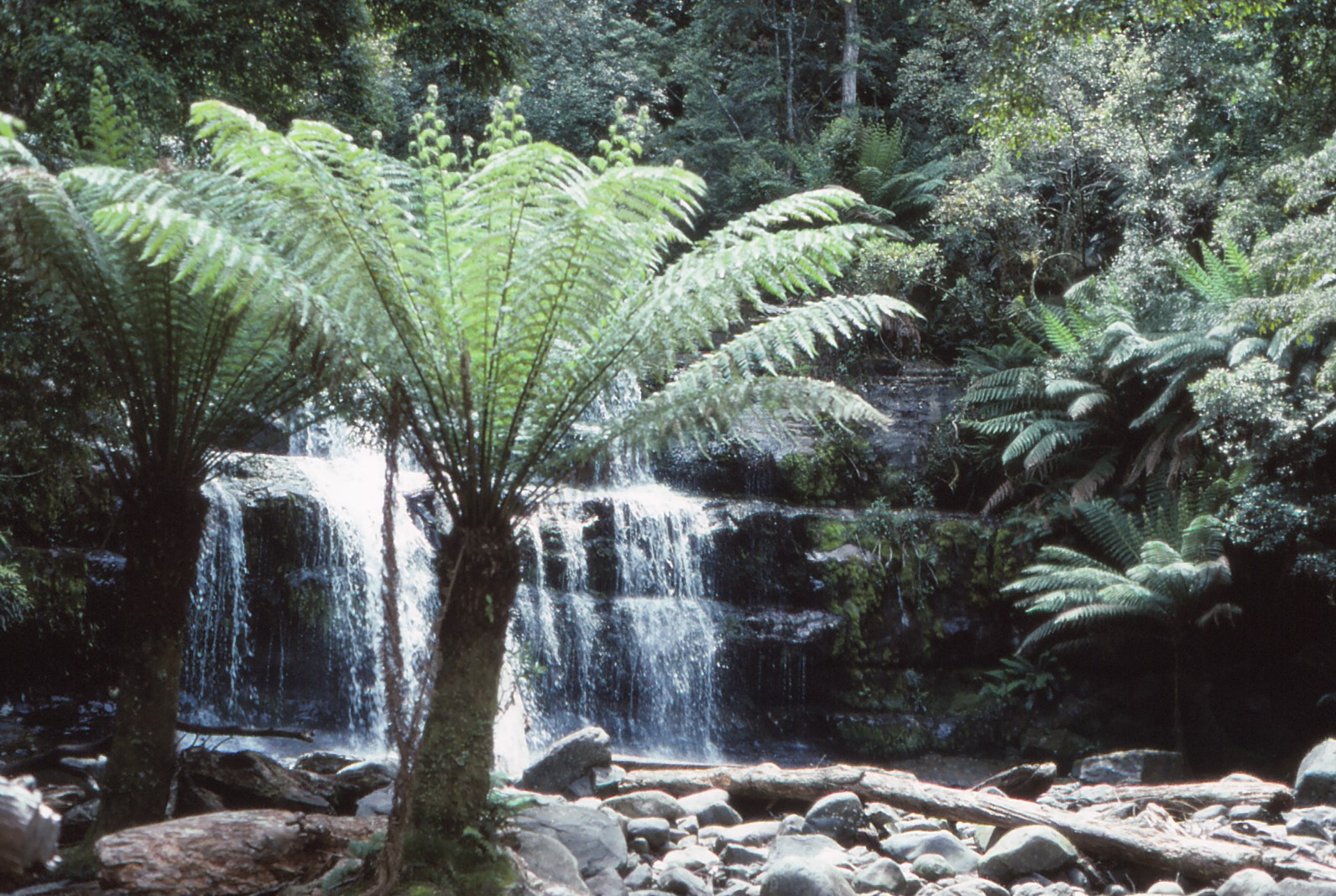Fossil Fuels and Extinctions - Any Interactions?Maanantai 30.11.2020 klo 15.07 - Mikko Nikinmaa Climate Change has an anthropogenic component: the use of fossil fuels increases the carbon dioxide level, which has an increasing effect on the temperature of the Earth’s surface. It should always be kept in mind that this is an overall effect. In a specific location temperature can even decrease, because the flow of air becomes unpredictable, i.e. cold air from the poles can flow to completely new directions. Also the present extinction wave is largely human-induced, and is caused largely by increased human land use, pesticide use, overfishing etc. In both the large human population and the strive for economic growth are decisive. Greed is the main fuel for destroying the world. “I want more, and others may not share what I have got.” This attitude keeps pushing us towards a catastrophe. People denying human role in climate change always point out that there have been temperature variations already earlier without any human influence. This is true, but in most cases they have been much slower than the present  one: what happened in 10000 years millions of years ago takes place in a 100 years now. The people denying human influence on climate change often deny also the existence of extinction wave, there have been five extinction waves before, and they have all been caused by natural catastrophes: meteors colliding to Earth or volcanic activity. one: what happened in 10000 years millions of years ago takes place in a 100 years now. The people denying human influence on climate change often deny also the existence of extinction wave, there have been five extinction waves before, and they have all been caused by natural catastrophes: meteors colliding to Earth or volcanic activity.In Geology, Kaiho et al. recently wrote an article “Pulsed volcanic combustion events coincident with the end-Permian terrestrial disturbance and the following global crisis” (https://doi.org/10.1130/G48022.1), which tries to put together the events which were associated with one of the mass extinctions in Permian period. It appears that during that time the temperature was elevated. The extinction wave started, when an intense volcanic activity started. However, it would possibly remained much more reduced than it came to be, if there had not been large fossil fuel deposits close enough to land surface to start burning as a result of volcanic eruptions. The fossil fuel fires have much higher temperature than normal wood fires with the result that a specific molecule accumulates much more. The authors made their conclusion about volcanic eruptions causing significant fossil fuel fires on this. So fossil fuels may have played a role in extinctions already before. |
|
Kommentoi kirjoitusta. Avainsanat: climate change, Permian period, biodiversity |
